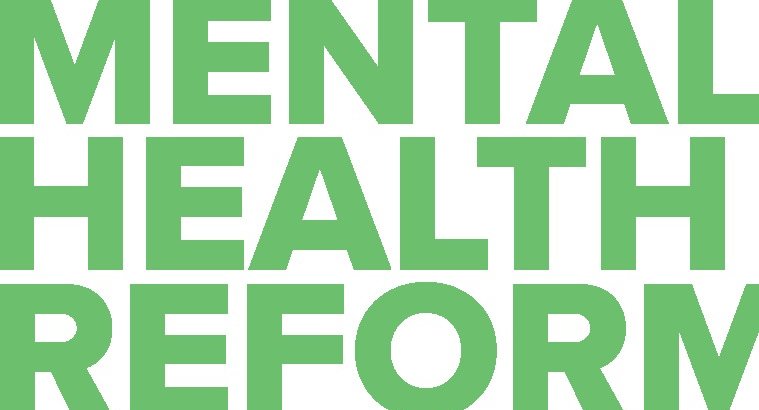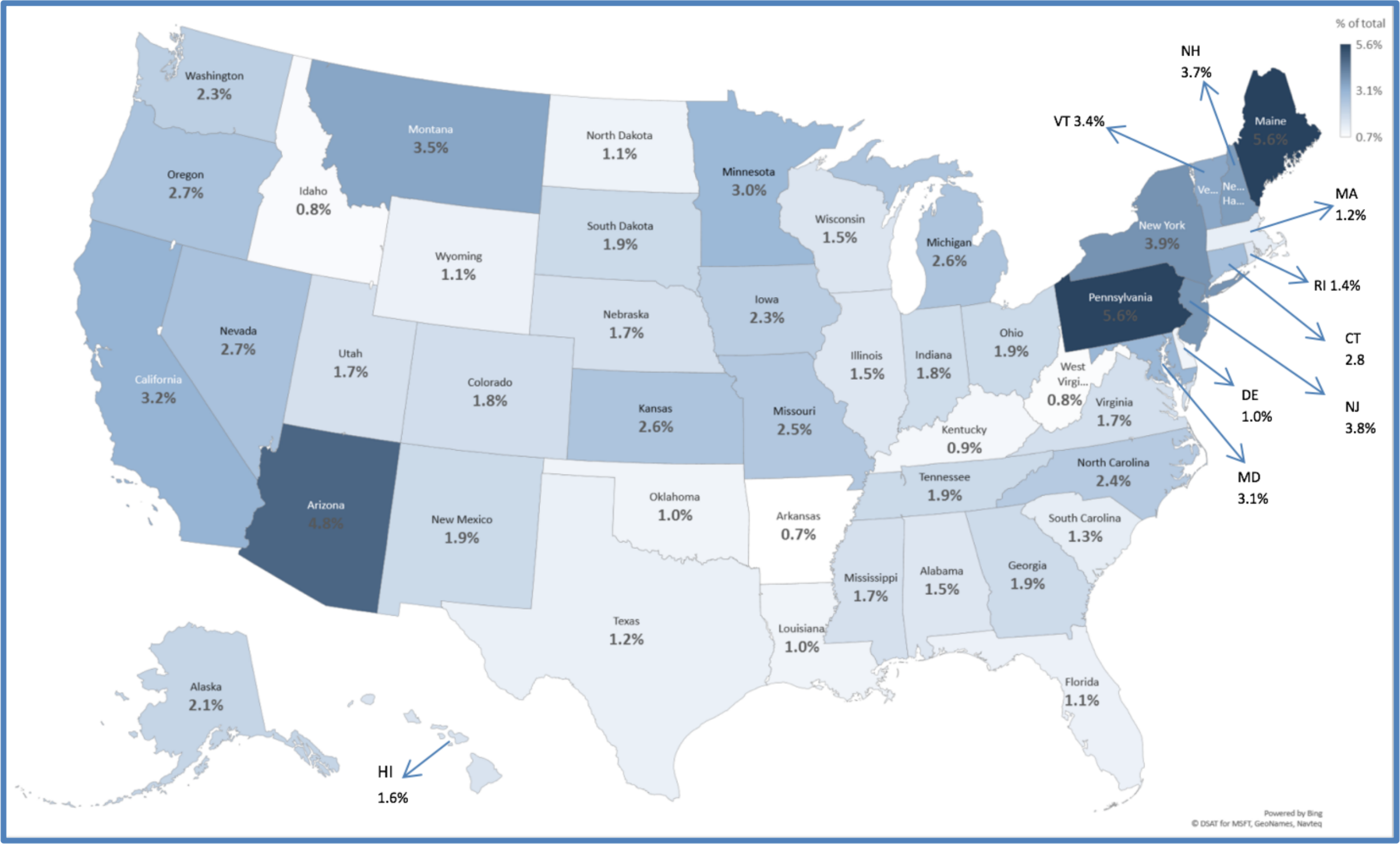
(12-24-17) Patti and I wish you a Merry Christmas, Happy Holidays and a Joyous New Year from our house to wherever you are, both old friends and new ones!

(12-24-17) Patti and I wish you a Merry Christmas, Happy Holidays and a Joyous New Year from our house to wherever you are, both old friends and new ones!

(12-22-17) Sandra Luckow is a documentary maker who teaches film production at Yale University School of Art, Columbia University and Barnard College. In April, I described her powerful film, “That Way Madness Lies…” as one of the most honest and haunting documentaries about mental illness that I had watched. It will be released officially in 2018. Meanwhile, you can read about it and watch its trailer here.
Guest Blog By Sandra Luckow
On this fifth anniversary of the mass shooting in Sandy Hook, in light of all that has not changed as a result of that tragedy, I have made a decision.
If I ever find myself trapped by a gunman, I will let him shoot me. I don’t want to survive. I don’t think I’ll even make an attempt to do so. I’ve spent too many years dodging bullets and crying for help.
Why is this mass shooting, so remote from me, causing nightmares and snuffing out my hope? It was, after all, just the first in an unprecedented onslaught of killings.
In my mind, however, with each subsequent shooting, the odds increase that shooter will be my brother and I will be one of the victims.

(12-18-17) Dr. Elinore McCance-Katz, the Assistant Secretary for Mental Health and Substance Abuse, did an excellent job testifying last week about a new law designed to improve our federal mental health care system.
But in the future, the Senate Health, Education, Labor and Pensions Committee should also consider questioning one of the 14 non-federal members of the Interdepartmental Serious Mental Illness Coordinating Committee (ISMICC) when monitoring the effectiveness of federal programs.
Under the 21st Century Cures Act, Dr. McCance-Katz was put in charge of riding herd on the eight federal agencies that oversee more than an hundred mental health programs. To help her, Congress appointed a blue ribbon committee of federal and non-federal appointees. That means the 14 non-federal members, and I am one of them, on the ISMICC committee also need to be held accountable.
One of our tasks is praising agencies that are doing great work and taking others to task when it appears they are dragging their feet. For instance, the Department of Education didn’t bother to show up last week at the second ISMICC meeting.
That’s inexcusable given how important early intervention is in recovering from a mental disorder.
12-14-17) Mary Giliberti was on fire!
The Executive Director of the National Alliance on Mental Illness and I spoke at a press conference earlier today held in Washington to unveil a national plan to reform our federal mental health care system. (I’ll write more about the plan later.)
For those of you who don’t want to watch the entire news conference posted above, Mary’s remarks begin at the 30 minute mark and end at about minute 38, when I start my remarks. (I was asked, as always, to share my son’s story so it might be familiar territory to most of you.)
It was what happened afterwards that really had me cheering. Off camera, a discussion was taking place about how wide of a net the newly created Interdepartmental Serious Mental Illness Coordinating Committee should cast. There was talk about providing services for groups other than the seriously mentally ill. And it was Giliberti who immediately said, “No!” The focus of the committee had to be on SMIs and serious emotional disturbances.
Lately, NAMI has been accused of not paying enough attention to SMIs. Her firm reaction reminded me of a story that she told me months ago.

(12-13-17) I will be participating tomorrow (Thursday) in a press conference being held at SAMHSA to unveil the Interdepartmental Serious Mental Illness Coordinating Committee’s first report to Congress.
Who will speak:
· Eric D. Hargan, Department of Health and Human Services (HHS) Acting Secretary
· Dr. Elinore F. McCance-Katz, Assistant Secretary for Mental Health and Substance Use
· Dr. Anita Everett, SAMHSA Chief Medical Officer
· Mary Giliberti, ISMICC non-federal member
· Pete Earley, ISMICC non-federal member
WHEN: Thursday, December 14, 2017 from 9 a.m. to 10 a.m. EST
WHERE: Online via webcast. Visit www.samhsa.gov/ismicc on the day of the event for more information.
The ISMICC committee was created by the Helping Families in Mental Health Crisis Act that became law during the final days of the Obama administration after that legislation (pushed by former Rep. Tim Murphy R-Pa.) was incorporated into the 21st Century Cures Act. The new law also created the Assistant Secretary of Mental Health and Substance Abuse – a position held by Dr. Elinore F. McCance-Katz.
Congress created this new Assistant Secretary position and the ISMICC committee because it wanted to prioritize federal mental health reform. Because of time restraints related to federal clearance reviews, this report was written exclusively by the committee’s non-federal members. I am proud that these recommendations come from advocates who have worked tirelessly in the trenches and faced the real problems that I faced.

(12-12-17) I’m in Richmond today participating in a meeting about mental health priorities for incoming Virginia Governor Ralph Northam. Meanwhile, I want to share a study being released today.
Mental Illness Policy Org just released the first study to rank all fifty states based on the percentage of state-controlled funds that each state spends on mental illness. States that spend a higher percentage of their overall budget on mental illness are ranked as generous and those that spend a lower percentage of their overall budget on mental illness are ranked as stingy. Put another way, this report describes which states have been “naughty or nice” to the mentally ill.
Funds for Mental Illness found the most generous states in mental health spending are Maine, Pennsylvania and Arizona. The stingiest states are Arkansas, West Virginia, Idaho, Kentucky, Oklahoma, Louisiana and Delaware. The most generous states, Maine and Pennsylvania (5.6%), allocate eight times more as a percentage of total state spending than the stingiest state, Arkansas (.7%).
"Pete Earley is a fair-minded reporter who apparently decided that his own feelings were irrelevant to the story. There is a purity to this kind of journalism..."
- Washington Post"A former reporter, Mr. Earley writes with authenticity and style — a wonderful blend of fact and fiction in the best tradition of journalists-turned-novelists."
- Nelson DeMille, bestselling author"A terrific eye for action and character. Earley sure knows how to tell a story. Gripping and intelligent."
- Douglas Preston, bestselling co-author of The Relic

Pete Earley is the bestselling author of such books as The Hot House and Crazy. When he is not spending time with his family, he tours the globe advocating for mental health reform.
As a former reporter for The Washington Post, Pete uses his journalistic background to take a fair-minded approach to the story all while weaving an interesting tale for the reader.
Sign up to receive blog posts and the latest from Pete including new books and resources.
Copyright © 2024 · Education Child Theme on Genesis Framework · WordPress · Log in